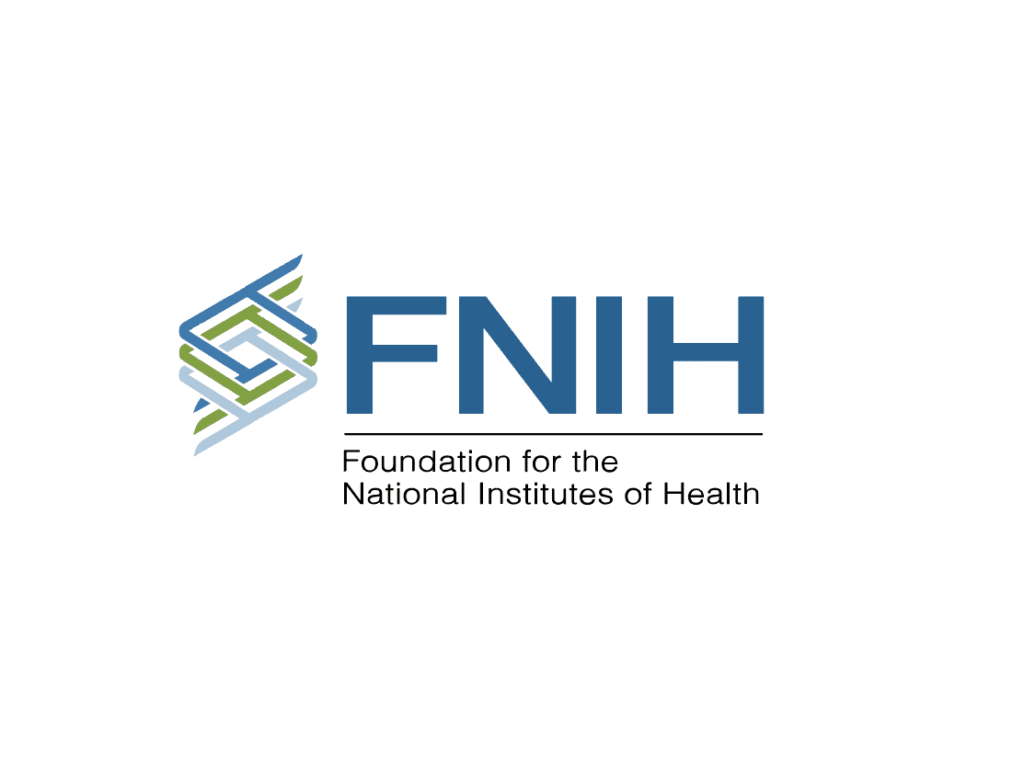

NHC 2025 Notice of Benefit and Payment Parameters (NBPP) Comments
Allen Pinn, Coordinator, Policy
The National Health Council (NHC) submitted comments to the Centers for Medicare and Medicaid Services (CMS) regarding the 2025 Notice of Benefit and Payment Parameters (NBPP) on January 8. The NBPP is a set of rules and guidelines issued annually by CMS that outline the policies and standards for health insurance plans and issuers, primarily focusing on the Health Insurance Marketplace under the Affordable Care Act. These are the rules for the federal health insurance marketplace for the coming year. Below is a summary of the submitted comments.
Shopping Tools on Healthcare.gov
Healthcare.gov plays an essential role in patients’ access to health care plans. The NHC recommends new shopping tools be added to the website to improve patients’ experiences when searching for a health care plan. Upgrading healthcare.gov with interactive tools that educate patients on copays, deductibles, premiums, etc., will help patients be more empowered to make educated decisions surrounding their care. When patients are better informed, they can make health insurance decisions much easier. Furthermore, when patients have readily available information, they can better calculate their total cost of care and prepare financially when shopping and/or comparing plans.
Open Enrollment Periods
The NHC supports the standardization of the open enrollment period for State Exchanges, which would begin November 1 and end January 15 (at the earliest). Standardization across State Exchanges’ open enrollment period would allow consumers more time to evaluate updated plan cost information, reduce consumer confusion and allow patients to make more informed decisions about their health coverage. If these changes were implemented, the NHC recommends that this is strongly communicated to the public and notes the patient community is well positioned to help educate people with chronic conditions.
Prescription Drug Benefits
The NHC supports the transition from the USP Medicare Model Guidelines (USP MMG) to the USP Drug Classification (USP DC) for classifying drugs required to be covered as essential health benefits (EHB). This transition would enhance drug benefits for patients enrolled in plans subject to EHB requirements, especially those living with chronic conditions and/or specials needs. In addition to enhancing drug benefits for patients, transitioning to USP DC could also close gaps in coverage for patients living with obesity and infertility, which are currently inadequately covered under USP MMG. Although the NHC is enthusiastic about this transition, it is not lost upon us the potential challenges and administrative burdens that may arise for issuers. The NHC recommends thoughtful and robust education and assistance programs to avoid potential disruptions in patient care.
The NHC is also in favor of the proposal to amend Section 156.122 to “codify that prescription drugs in excess of those covered by a State’s EHB-benchmark plan are considered EHB.” For patients living with chronic conditions or rare diseases, this amendment is significant. This change would ensure that prescription drugs covered beyond the state’s EHB-benchmark are acknowledged as EHBs granting them additional protections, such as being required to count against a beneficiaries’ out-of-pocket maximum.
Pharmacy and Therapeutics Committee Standards
The NHC supports the inclusion of a consumer representative in Pharmacy and Therapeutics committees beginning January 1, 2026. These committees, which are established by health plans, play a significant role in deciding which drugs will be covered at what levels. Involvement of a consumer representative will aid formulary decisions by taking the patient perspective into consideration, while being clinically sound. In requiring consumer representatives on committees, the NHC also recommends that the number of consumer representatives on a Pharmacy and Therapeutics committee be proportional to the size of the committee, which would ensure strong patient representation.
Network Adequacy Standards
The increased use of telehealth benefits by patients post-COVID-19 pandemic emphasizes the need for better information about the availability of these services; sees the collection of data on telehealth services as crucial for shaping future telehealth standards; and urges HHS to modernize the network adequacy framework to include telehealth and virtual care services. The NHC also calls for enhancing education and support to ensure that consumers are well-informed about their options and can make the best of use of the health care services available through their plans.
Regulations Regarding Standardized Health Plan Option
The NHC supports the proposed updates to standardized health plan options as crucial for providing comprehensive coverage and enhancing health care access. We appreciate the efforts to streamline insurance selection and highlight the benefits of standardized plans, such as limitations on cost-sharing, to reduce financial unpredictability. Regarding non-standardized health plan options, the NHC suggests a more balanced approach with a cap on exceptions or stricter criteria would better serve patients. An approach with a cap on the number of exceptions or stricter criteria for exception eligibility should be considered. Such an approach could maintain simplicity and make for a more consumer-friendly marketplace experience.
Conclusion
The 2025 NBPP includes a wide array of subjects. In addition to the above comments, the NHC also made recommendations that emphasize enhancing public engagement in waiver processes, advocating for regular evaluations of risk adjustment models for chronic conditions, and supporting the transition to Sate-based Exchange using a federal platform. We also advocate for standardized Qualified Health Plan information display, aligning Direct Enrollment websites with HealthCare.gov, and streamlining processes for incarceration verification and eligibility redetermination. These recommendations aim to improve the accuracy, accessibility, and efficiency of health insurance processes.
To read more on the NHC’s stance and these additional recommendations on the 2025 NBPP, click here.


